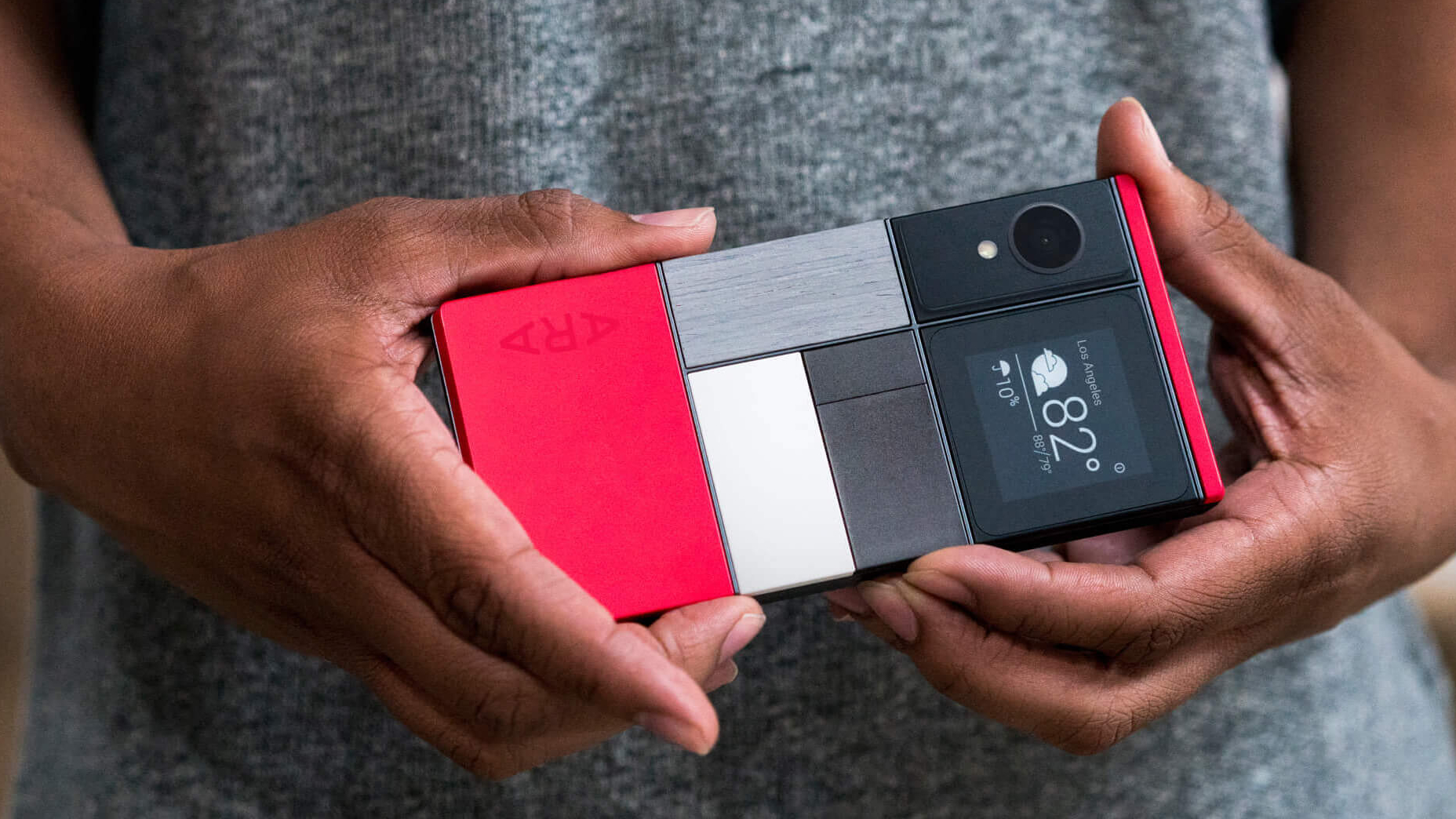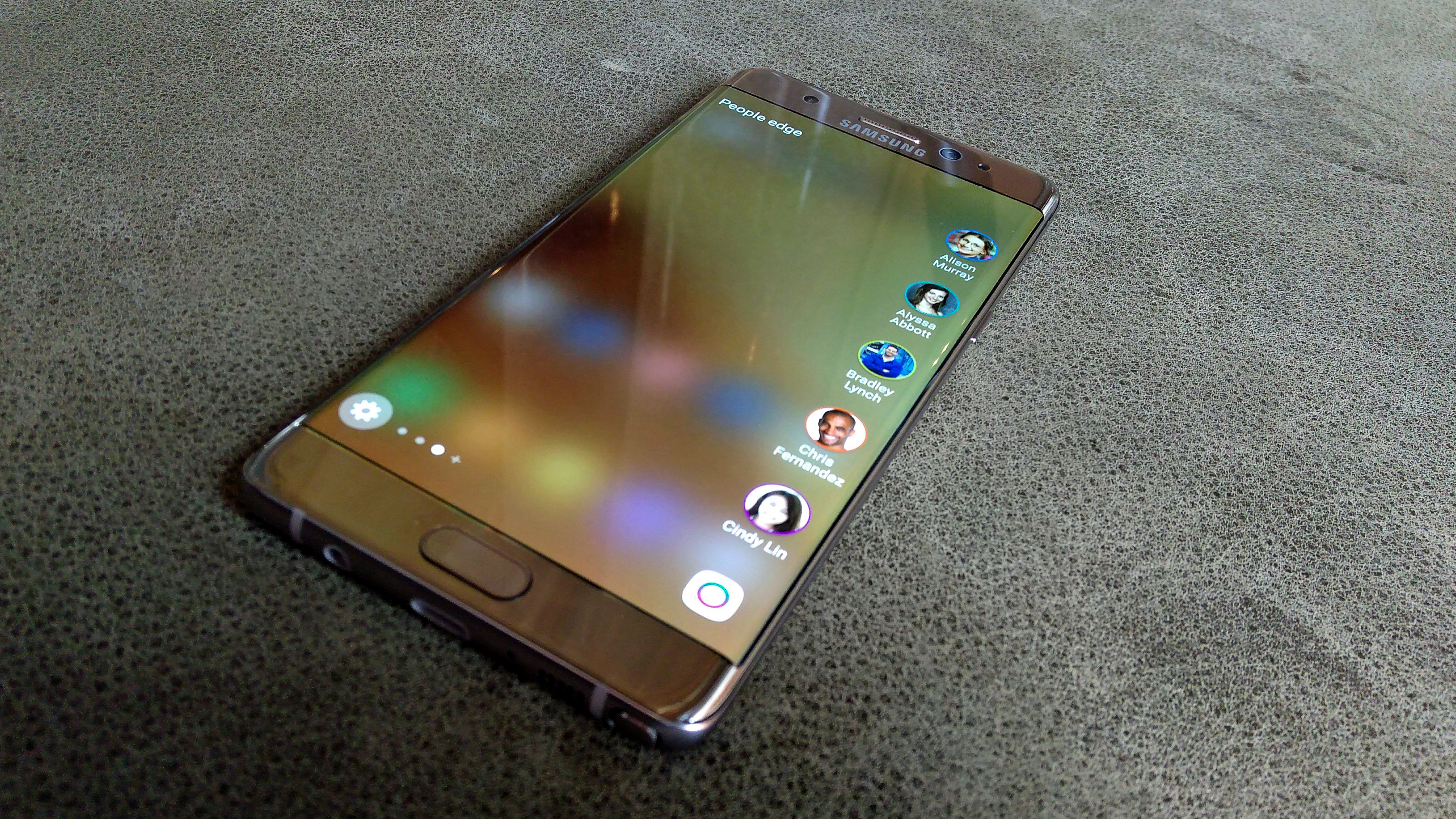How the Samsung Galaxy Note 7 recall makes a case for Project Ara
The Note 7 fiasco makes a modular phone sound pretty sweet

Google’s now-cancelled Project Ara modular smartphone was, in part, an effort to offset the incessant waste created by the short life cycles of today’s technology. The Samsung Galaxy Note 7 has it turning in its fresh grave.
In a turn of events that's equally funny and sad, Project Ara’s promise has never seemed as appealing as it is now.
Scoop: Samsung will not refurbish or repair Galaxy Note 7 phones ever again. "They will be disposed of."https://t.co/ISj0ZGSYzaOctober 12, 2016
Let’s back up. When the project was canceled in September after its impressive appearance at Google IO 2016, it was rather easy to see why, even if it did break our hearts. The world simply didn’t need a modular smartphone.
During every demo that followed its announcement in 2013, the working prototypes struggled to perform at a level that was even remotely close to what today’s all-in-one devices can do. At Google IO 2015, Ara achieved the milestones of powering on and taking a picture. A year later, Google was still finalizing Ara for developer access - missing its projected public release by almost two years.
Things have changed
But let’s look at where things are at currently. Samsung has pulled the plug on the Note 7 flagship smartphone due to a dangerous, widespread battery issue that put many people (millions globally) at risk - even after it was recalled once. To say this is an unprecedented move is to put it lightly. Even if we don’t know exactly how much money Samsung is losing, the Note 7 fiasco will surely haunt its track record for years to come.
The Note 7 resurrects the notion that the world is now in need of Ara, if only to exist as an ecosystem in which these types of problems won’t happen. At best, it could be a playing ground for manufacturers to hone the technology that will appear in the next flagship. Unfortunately, garnering high-profile support from the likes of Samsung was never in the books for Ara.

As David Pierce’s WIRED piece of the state of Ara in 2016 put it, “Mobile is the largest technology platform in history, but to get in, you either need the resources and experience of an Apple or a Samsung, or you need to be convincing enough to get Apple or Samsung to bet on your technology.”
Get daily insight, inspiration and deals in your inbox
Sign up for breaking news, reviews, opinion, top tech deals, and more.
Project Ara is dead, and is likely to remain that way. But given how recent events in Samsung’s world have shaken out, there’s no question that the idea put forward by Google’s modular smartphone, if it’d have ever come out, would have convinced the industry to give modules a chance.
- Want to learn more about Project Ara's beginnings? Click here
Cameron is a writer at The Verge, focused on reviews, deals coverage, and news. He wrote for magazines and websites such as The Verge, TechRadar, Practical Photoshop, Polygon, Eater and Al Bawaba.
